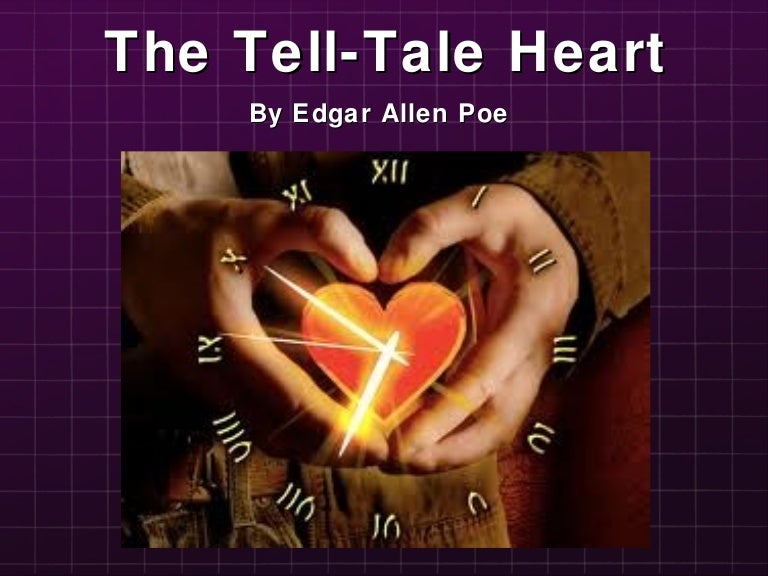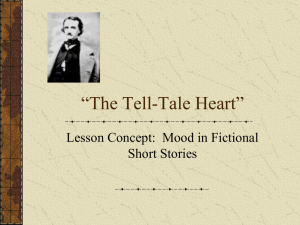
Reilly’s interpretation of the “death watches,” but to point out and comment on an additional similar My object here, however, is not to discuss Mr. Or imagination, offering, through the narrator, subjective data for speculation. Indeed, Poe leaves any rational explanation of the later “sounds” wholly to the reader’s insight On earlier nights is not described, with the result that as a clue it can be apparent only to readers otherwise familiar with the

Poe makes no overt connection between the two classes of reference.

Reference to the first of these two types occurs in the story once and to the second, on a Is to the beating or watch-like sound on the night of the murder, which, irrespective of its actual quality or origin, varies in keeping

To the noise of the insects on previous nights, which the narrator mentions as simply and literally as any other night noise. It may be noted, then, that we have in the tale two distinct types of reference to the sounds in question. “beating” of the heart that drives him into a frenzy. Originate in the clicking of an actual insect which the narrator, in his agitation, amplifies into the loud Reilly argues plausibly that these sounds Poe’s narrator describes what he believes to be the beating of the old man’s heart as creating “a low,ĭull, quick sound, such as a watch makes when enveloped in cotton” (2), Mr. Since several of these sources liken the noise made by the insect to the ticking or clicking of a watch, and For both insect and superstition Professor Reilly cites sources inĮntomological texts of Poe’s day, as well as literary references in the writing of Addison, Swift, Goldsmith, Keats, and Of someone in the house where they are heard” (1). “The Tell-Tale Heart” hearkened “night after night,” as an insect ( Liposcelisĭivinatorius), and notes further a superstition that the sounds produced by the insect were “held to presage the death Reilly has identified “the death watches in the wall,” to which the narrator in Poe’s

Arthur Robinson University of Rhode Island Thoreau and the Deathwatch in Poe’s “The Tell-Tale Heart” E.


 0 kommentar(er)
0 kommentar(er)
